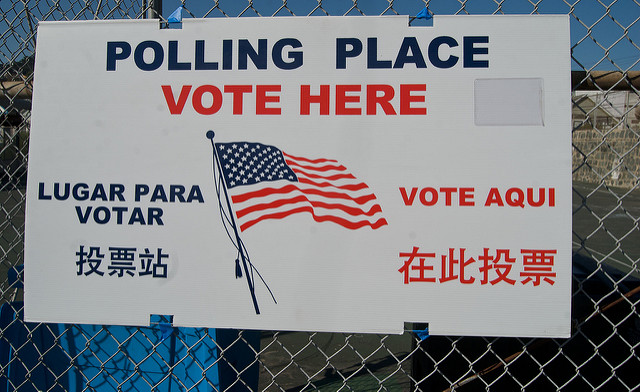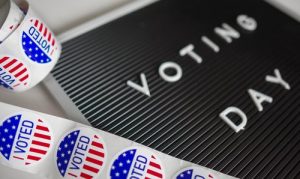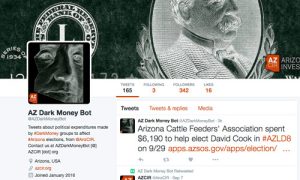With the Iowa Caucuses now in the rearview mirror, and New Hampshire and other early primary state elections primed for extensive media coverage, business and economic reporters can look into topical stories related to the 2016 election season.
We’ve gathered some ideas and resources to explore to help supplement your news organization’s political reporting and election coverage with business and money angles.
The cost of voter ID laws
A growing number of states are enacting voter identification laws that require voters to provide positive identity proof at the ballot box. A few of these controversial laws have been legally challenged for their burden to voters. The cost to both would-be voters as well as taxpayers is less reported and worth exploring.
The National Conference of State Legislatures produces a number of resources including a state-by-state breakdown of voter ID laws, both those requiring and not requiring a photo ID. The bipartisan organization created a report last year detailing the cost of such laws, reporting the administrative costs to these laws come largely at an expense to local government.
The Government Accountability Office investigated the costs voters may incur in attempting to secure a government-issued ID in states with such laws and found the range between $15 and $60. The report did note that 84-95 percent of registered voters did have the needed IDs to get to the ballot box, but those ownership rates varied along racial and ethnic lines.
Time off on Election Day
No national law exists requiring employers provide their workers with time during the workday to vote in elections. Many states do in fact have laws that provide voters with some privileges to participate in statewide elections, even if they’re required to be at work.
More than 20 states require employers provide paid time off laws by state. California, for instance, provides voters with up to two hours of paid voting time at the beginning or end of a shift. Other states have restrictions depending on an employee’s schedule or the job type.
Investigate your state’s laws requiring employers to provide time for workers to vote. The worker rights organization Workplace Fairness compiled a breakdown by state of the laws and requirements. Using their online tool, reporters can understand the basics on election-day laws in their state. Explore what that means to local businesses. Do businesses notice any significant financial or logistical impact on election days?
Additionally, reporters in states without these types of laws can look for employers in your community providing time off (paid or otherwise) to encourage staff to vote. What are their motivations?
Understanding campaign finance
Back in July, the Reynolds Center hosted a workshop featuring Eliza Newlin-Carney and explored campaign finance and the resources available for reporters to use in their election reporting. After the workshop, we compiled some tips and directions for understanding the basics of campaign finance information for both state and national elections. Read about the Native American Journalists Association, which hosted the conference.











